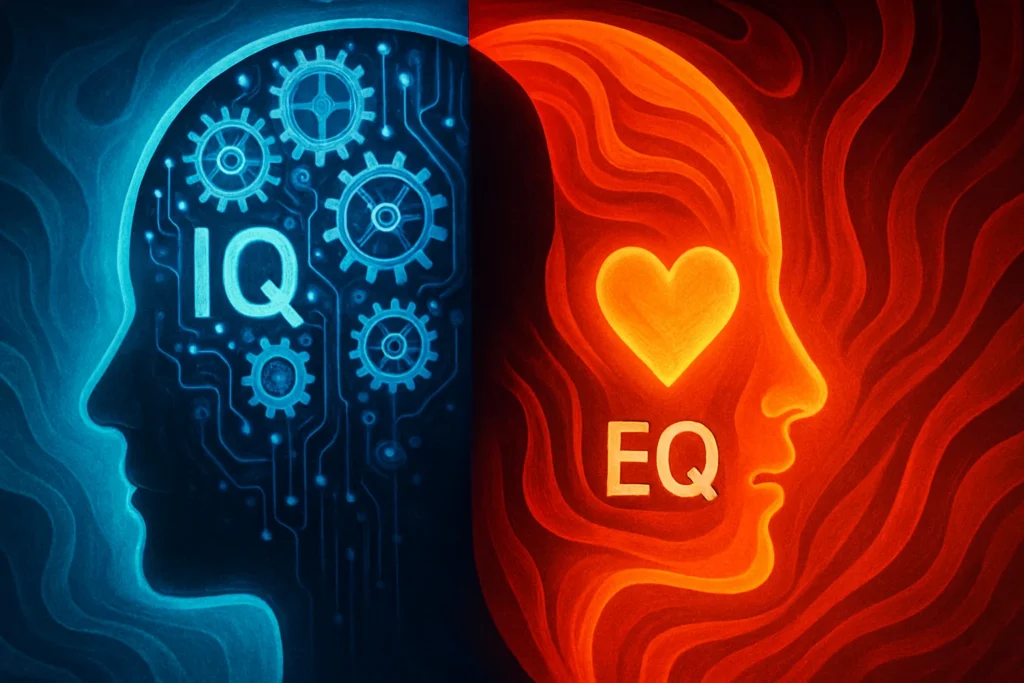
“Resilience” is a powerful word. But it’s often used so much that it can lose its impact. To truly understand what it means to be emotionally resilient, it helps to look at other words that describe this key human quality.
Learning about synonyms is more than a language exercise. Each word is like a different side of a diamond. It shows a unique part of the inner strength needed to handle life’s challenges.
This guide will explore 10 powerful synonyms for emotional resilience. We’ll break down what each word means and what it looks like in real life. This will give you a richer and more complete understanding of this vital skill.
Understanding the Core Concept: What is Emotional Resilience?
First, let’s define the main idea. Emotional resilience is the ability to adapt to and bounce back from hard times. This can include stress, trauma, or tragedy. It’s not about being untouched by difficulty. It’s about your ability to process tough experiences and keep moving forward.
For a deep dive into the science and strategies for building this skill, explore our complete guide to Mindfulness, Resilience, and Mental Well-being.
10 Words That Mean Emotional Resilience

1. Fortitude
- Main Idea: This word highlights courage when facing pain or long-term problems. Fortitude is about quiet, enduring strength over time.
- In Practice: Fortitude is the quiet drive that keeps you going on a long, difficult project, even when you’re tired.
2. Grit
- Main Idea: As defined by psychologist Angela Duckworth, grit is a mix of passion and perseverance for long-term goals. It’s about having stamina.
- In Practice: Grit is the quality that helps an entrepreneur work on their business for years before it becomes a success.
3. Mental Toughness
- Main Idea: This is the ability to perform well, especially under pressure. This term is often used in sports and high-stakes jobs.
- In Practice: Mental toughness is what lets an athlete make a key free throw in the final seconds of a game.
4. Hardiness
- Main Idea: This word points to a strong and courageous quality. It’s a mix of commitment, control, and seeing challenges as opportunities.
- In Practice: A hardy person who faces a company change doesn’t just see a threat. They see a chance to learn new skills and prove their value.
5. Stoicism

- Main Idea: This is not about having no emotions. It’s the ability to handle hardship without complaint. You focus on what you can control and accept what you cannot.
- In Practice: A stoic person whose flight is canceled doesn’t waste energy on anger. They calmly focus on the next step: finding another flight.
6. Perseverance
- Main Idea: This is the simple, powerful act of continuing on a path despite difficulty. It’s the refusal to quit.
- In Practice: Perseverance is the student who fails an exam but doubles down on their study habits to pass the next one.
7. Tenacity
- Main Idea: This word describes being very determined. Tenacity has a “gripping” or “holding on” quality to it.
- In Practice: A tenacious reporter will follow a story for months, chasing down every lead until they find the truth.
8. Durability
- Main Idea: This is the ability to withstand pressure or damage over a long time. It suggests a strong and lasting strength.
- In Practice: An emotionally durable leader can handle years of high-pressure decisions without burning out.
9. Mettle
- Main Idea: This word refers to a person’s spirit and character when coping with problems. “To test one’s mettle” means to test their inner strength.
- In Practice: A new manager’s mettle is tested when they have to handle their first big team conflict.
10. Steadfastness
- Main Idea: This is the quality of being firm and unwavering. It suggests loyalty to a purpose or a principle.
- In Practice: Steadfastness is the quality of a team member who stays committed to the project’s goal, even when things get tough.
Frequently Asked Questions (FAQ)
What is a better word than resilience?
There is no single “better” word. Each one highlights a different aspect. If you want to talk about courage through pain, “Fortitude” is a great choice. If you mean passion for long-term goals, “Grit” is more specific.
What is emotional resilience in simple terms?
In simple terms, it’s your ability to “bounce back” from tough situations. It’s about being flexible, not fragile.
What are 5 good habits to support emotional resilience?
Five powerful habits are: 1) Practicing mindfulness, 2) Keeping strong social connections, 3) Getting regular exercise, 4) Keeping a gratitude journal, and 5) Getting enough sleep.
Conclusion: A Richer Understanding of Strength
As you can see, emotional resilience has many sides. It’s not just one thing. It’s a mix of courage, perseverance, mental toughness, and a firm commitment to your goals.
By understanding these different parts, you can be more intentional about which aspect of resilience you want to build in yourself.
To learn the core skills behind resilience, visit our complete guide to Emotional Intelligence.


